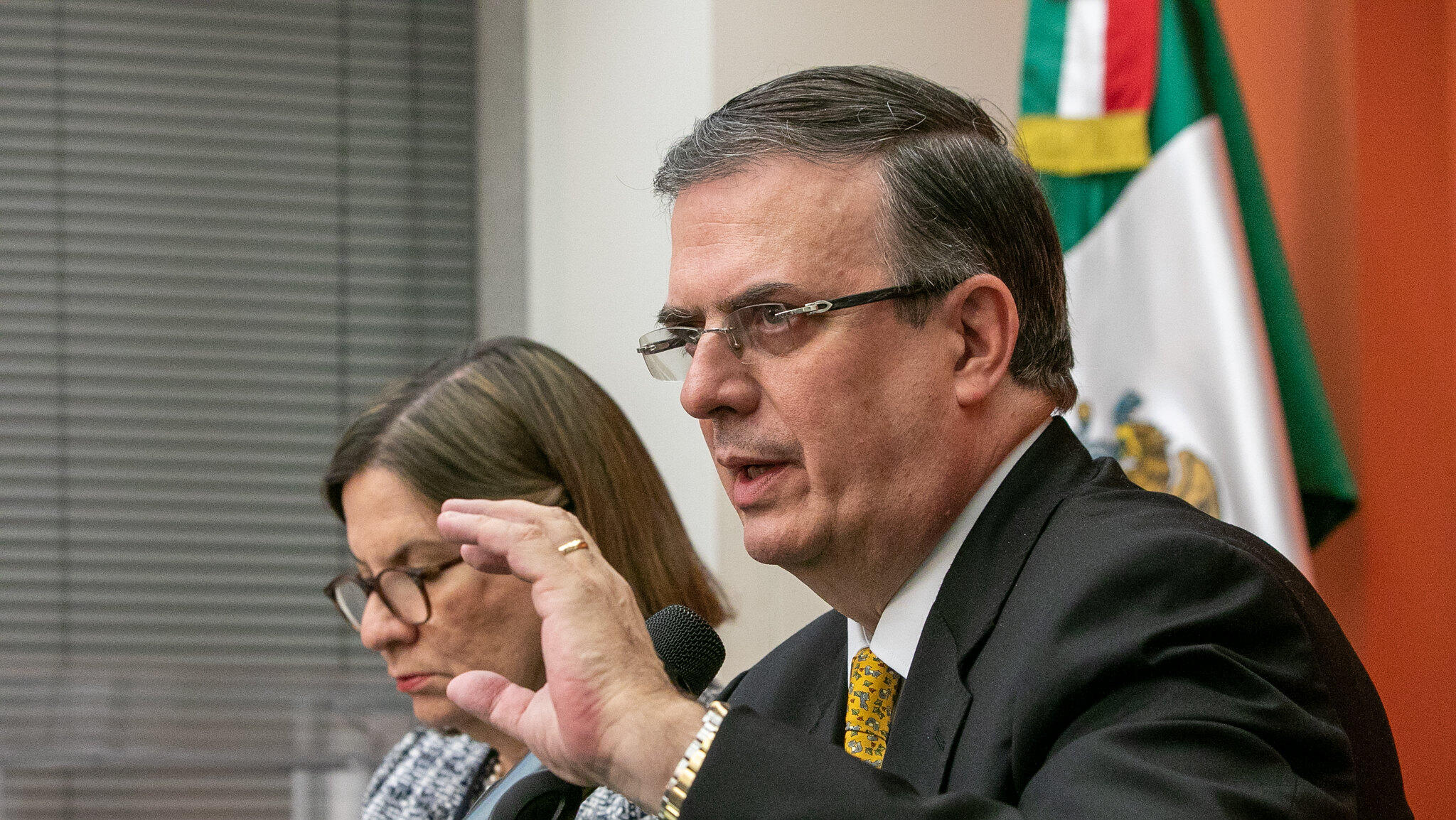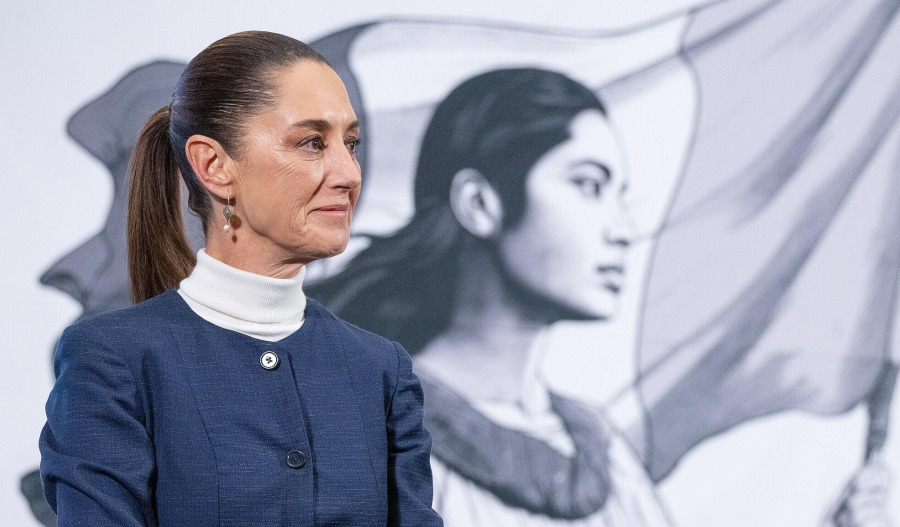Mexico will raise tariffs on cars imported from China to 50% as part of a sweeping overhaul of trade duties that the government said will protect jobs, while analysts suggested the move also seeks to ease pressure from Washington.
The Economy Ministry said on Wednesday that the tariff hikes, which also target textiles, steel, toys, motorcycles and other goods, will affect around US$52 billion (A$78.75 billion) of imports.
The new measures will see tariffs rise to varying levels across sectors, with some duties climbing as high as 50%.
"They already have tariffs," Economy Minister Marcelo Ebrard told reporters when asked about existing levies on Chinese cars, currently set at 20%.
"What we will do is raise them to the maximum level allowed. Without a certain level of protection, you almost can't compete," he added.
Ebrard said the plan, which complies with World Trade Organization limits, is designed to protect Mexican jobs as Chinese vehicles were being sold locally "below what we call reference prices".
According to the Economy Ministry, the measures are intended to safeguard 325,000 industrial and manufacturing jobs at risk.
China criticised the move, saying it opposed being coerced under "various pretexts". Its foreign ministry urged Mexico to pursue cooperation instead of restrictions.
"We will resolutely safeguard our own rights and interests in accordance with the actual situation," ministry spokesperson Lin Jian said at a regular briefing.
The tariffs, which still require congressional approval, will apply to imports from countries without trade deals with Mexico, including China, South Korea, India, Indonesia, Russia, Thailand and Turkey. The ministry said the changes would affect 8.6% of Mexico’s total imports.
The measures include a 35% tariff on steel, toys and motorcycles, while textiles will face levies between 10% and 50%.


